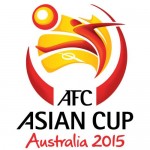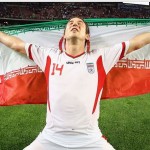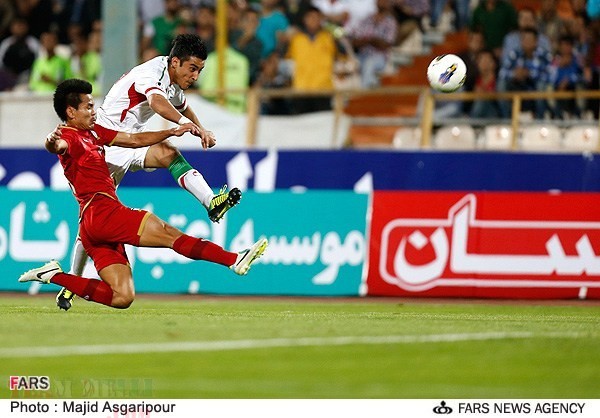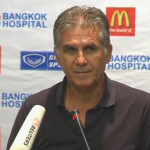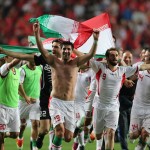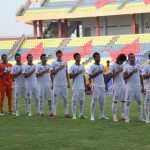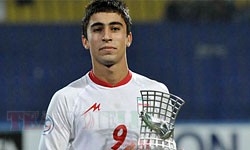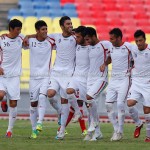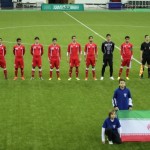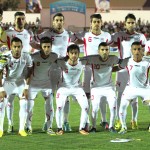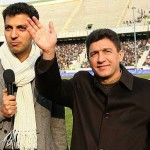The AFC has announced major changes in the competitions structure.
The major competition of the conteninet, the AFC Asian Cup will feature 24 teams in 2019 edition while AFC Champions League will see a similar number of nations participating according to AFC announcement following a meeting in Muscat where the AFC U-22 Championships were recently held.
The AFC Challenge Cup, which sees participation from lower ranked Asian teams, with winners gaining direct entry to the Asian Cup, will also be scrapped following this year’s edition in Maldives.
Qualification process for the Asian Cup and Fifa World Cup will also be combined at the preliminary stage. AFC Member Associations (MAs) will be split into eight groups with the group winners and four second best teams going forward to the final qualifying round for Fifa World Cup, as well as gaining automatic entry to the Asian Cup. This also increases the number of Asian teams competing in the final round of the World Cup qualifiers from 10 to 12.
The top 24 remaining teams who failed to progress to the final round of World Cup qualifiers, will instead compete for a chance at the Asian Cup in six groups of four teams. However the final round of qualifiers for the World Cup and Asian Cup will remain separate.
Changes have also been implemented for AFC’s club competitions. Assessment criteria for a nation’s AFC Champions League eligibility will now also include national team performances over the previous four years. 30% of the criteria points will be drawn from national team with the remaining 70% based on clubs’ showings.
The top 24 ranked MAs based on this new criteria will get a direct slot in the AFC Champions League group stage. Other criteria such as club licensing, existence of integrity programmes, organization of a professional league, satisfactory facilities and logical support also need to be fulfilled.
The next eight highest ranking MAs will get a direct slot in the AFC Cup group stage while those ranked from 33 to 47 will get a chance to play in the AFC Cup playoff stage.
The new rules will come into effect in competitions from 2015 with assessments taking place this year.
AFC President Shaikh Salman Ebrahim Al Khalifa praised the new changes and hoped for a positive impact.
“Competitions are the main products of AFC and I am happy that it is in the good hands,” he told AFC.com.
“We must market our product and generate income to sustain football across the continent. I am sure that the changes that happen will have big impact in Asian football and will benefit our Member Associations.”

